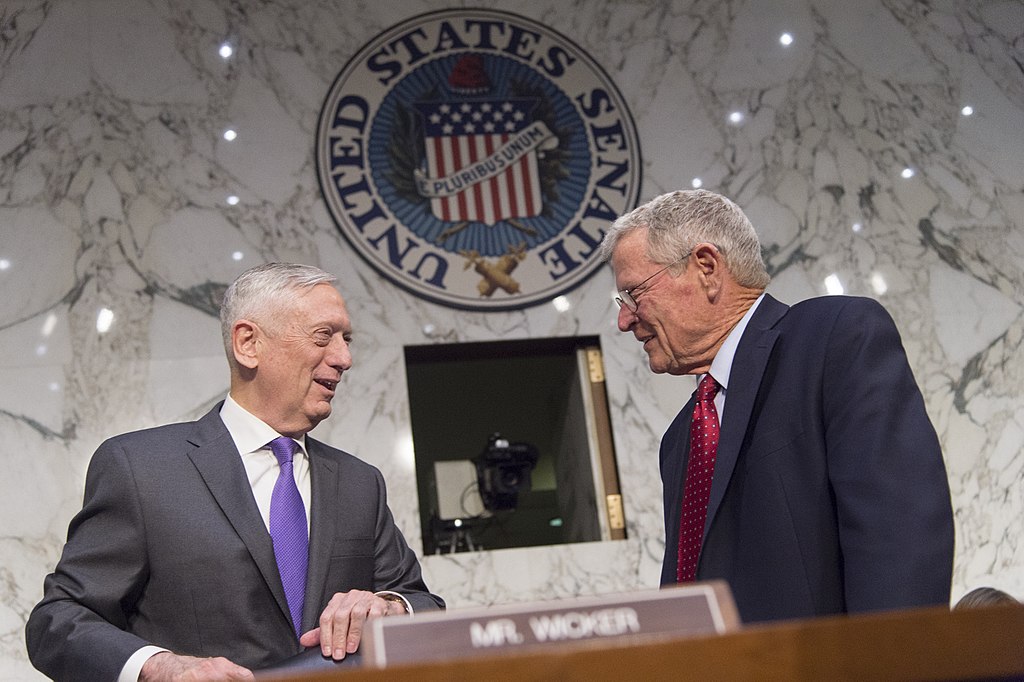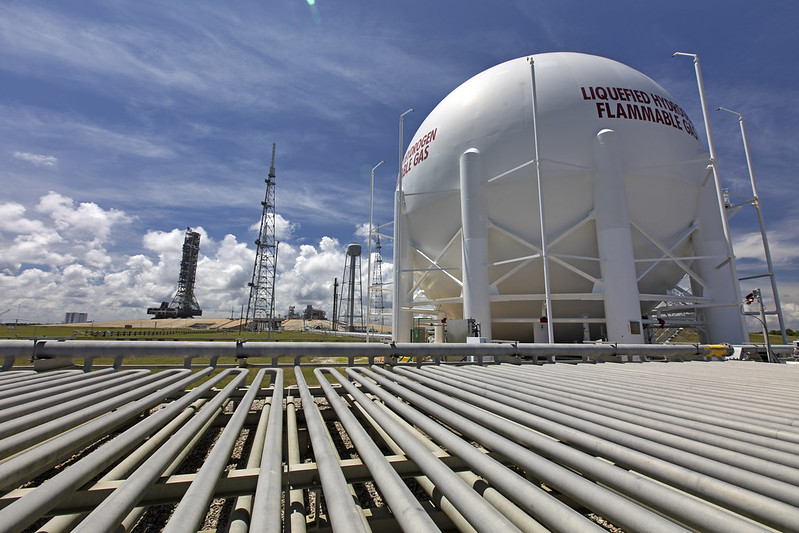It is no secret that many members of Congress particularly on the Republican side are in the pockets of their fossil fuel funders. The strategy of these special interests is to keep loyal lawmakers in their pockets through hefty campaign contributions, according to a new study exploring the purpose of oil and gas companies’ political campaign spending.
That study, published Monday and conducted by researchers at Yale University and the University of Cambridge, found that oil and gas companies spend more on congressional candidates who consistently vote against environmental protection and climate action.
“The key takeaway from our study is that there’s little evidence that oil and gas companies use campaign contributions to influence the voting behavior of members of Congress, but rather they invest in legislators that have a proven anti-environment voting record,” explained Matthew Goldberg, lead author of the study and a Postdoctoral Associate at the Yale Program on Climate Change Communication.
Researchers analyzed campaign contributions based on data from the Center for Responsive Politics, along with congressional voting records on environmental issues based on scores by the League of Conservation Voters. They found that the more anti-environment votes a legislator casts, the more contributions they would take in the following election cycle from oil and gas interests.
“For every additional 10 percent of congressional votes against the environment in 2014, a legislator would receive an additional $5,400 in campaign contributions from oil and gas companies in 2016,” the study finds. On average, researchers found a 10 percent decrease in pro-environment votes is associated with an additional $1,700 in campaign contributions from oil and gas companies in the following election cycle. The evidence supports what the researchers call the “investment hypothesis”: “The more a given member of Congress votes against environmental policies, the more contributions they receive from oil and gas companies supporting their reelection.”
And these companies are investing millions of dollars to reelect lawmakers who support their anti-environment agenda. The researchers note that oil and gas companies spent more than $84 million on congressional candidates in 2018, and this year they have already contributed more than $40 million, with the overwhelming majority going to Republican candidates.
“The oil and gas industry is going to support candidates supportive of their agenda, which often runs contrary to the environmental agenda,” said Tyson Slocum, energy program director at consumer advocacy nonprofit Public Citizen. He said the study shows how the industry “seeks to financially reward opponents of action on climate change” and acts as a roadblock to legislative and regulatory climate action.
“In a system where candidates are extraordinarily dependent on private corporate contributions, donations by oil and gas companies is going to play a big role in stopping action on climate,” Slocum said.
“These findings are troubling, considering that Congressional candidates are much more likely to win if they raise more money than their opponents,” Goldberg added.
Grassroots actions are already working to counter this political paralysis on climate action powered by oil and gas money. Goldberg noted that more Americans are engaging in climate activism and increasingly view global warming as a voting issue. The youth-led Sunrise Movement is building a broad coalition to help elect candidates not beholden to fossil fuel interests, organizing around the No Fossil Fuel Money pledge. Candidates who take that pledge say they will refuse contributions over $200 from fossil fuel PACs, lobbyists, or executives.
According to Slocum, these efforts are encouraging, given the undeniable role of oil and gas campaign spending on legislators favorable to their interests.
“It gives great legitimacy to broad efforts for candidates to reject fossil fuel money,” he said.
Main image: Former U.S. Secretary of Defense James Mattis, left, and Oklahoma Sen. James Inhofe April 26, 2018. Sen. Inhofe has received more than $2 million in donations from the oil and gas industry. Credit: U.S. Department of Defense/Navy Petty Officer 1st Class Dominique A. Pineiro, public domain
Subscribe to our newsletter
Stay up to date with DeSmog news and alerts







